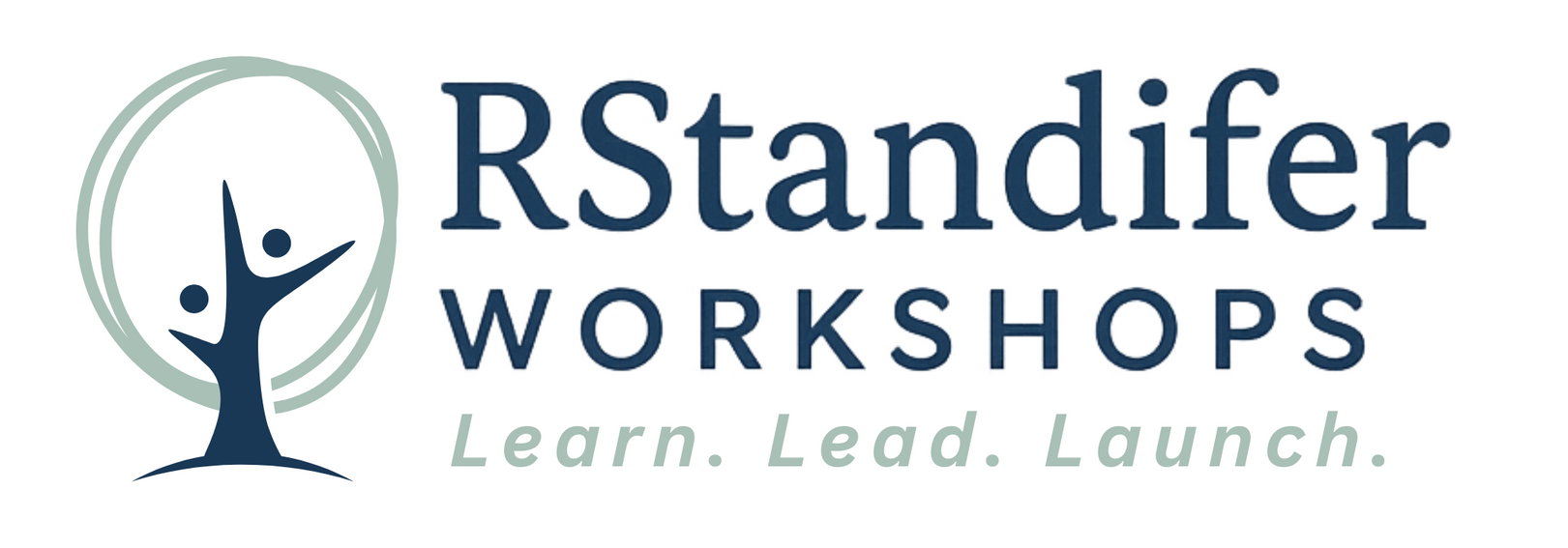Student Team Project Trauma: The (Not-So) Hidden Emotional Cost to Students – Part 2
In my last post, I talked about the emotional downsides students face during student team projects. Everyone has that "student team project from hell" story – whether it's about slackers contributing nothing, control freaks taking over, or endless arguments about when to meet.
As instructors, we can't ignore these issues. Bad team experiences create individuals who dread or outright avoid collaborative work – not a good (or even realistic) attitude to have in today’s workplace reality.

I cover these and other challenges and solutions in depth in my Student Team Projects Workshop (reach out if you're interested in this virtual workshop). In addition to the workshop, participants receive a set of useful handouts and assessment methods, as well as a series of 3 short videos to upload for students that provides information they need to work well in student team projects. But for now, let’s go briefly through some things instructors should keep in mind when developing and using student team projects.
Dealing with Slackers
Slackers drive students crazy. One effective approach: assess both team AND individual contributions. Research shows this combo reduces slacking and improves attitudes. Individual assessment works well through peer evaluations – I suggest making these worth 10 -20% of the project grade. Interestingly, this dual accountability approach works in real-world teams too.
Communication is Key
Transparency matters! Tell students WHY you're assigning group work and include "building collaborative skills" as an explicit goal of any student team project. Explain the purpose of peer evaluations and make yourself available for issues. That said, encourage students to try resolving problems themselves first – just like they'll need to do in their future careers.
Watch the Weighting
Don't make team projects worth too much of the course grade. I've seen syllabi where 35-50% of the course grade depends on team outcomes, which cranks up student anxiety about grades hinging on others' efforts. I typically keep team projects at around 20% of the total grade.
By tackling slacking, prioritizing transparency, and keeping point values reasonable, you'll dramatically improve student attitudes about collaborative work – and probably save your own sanity too!



